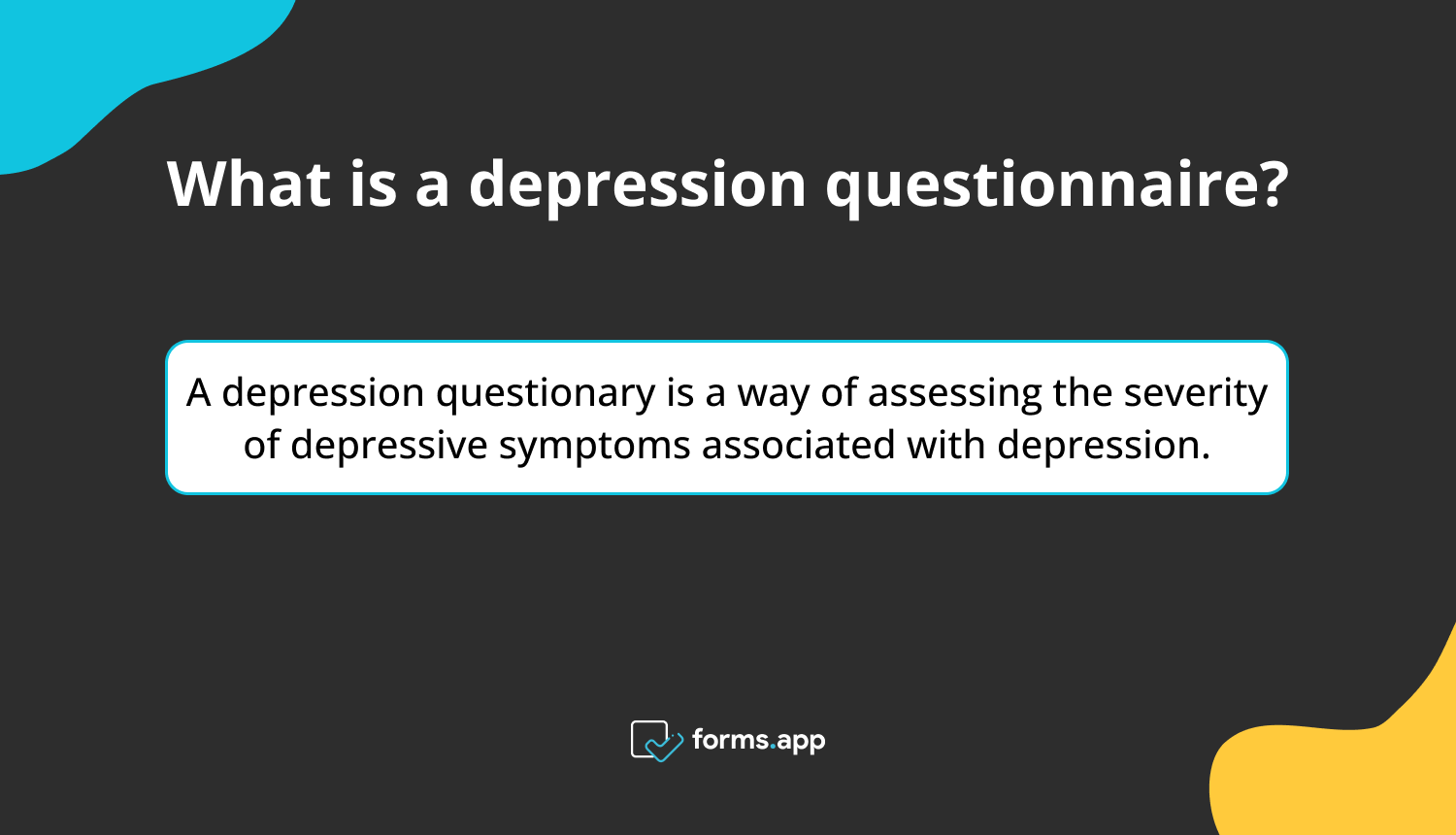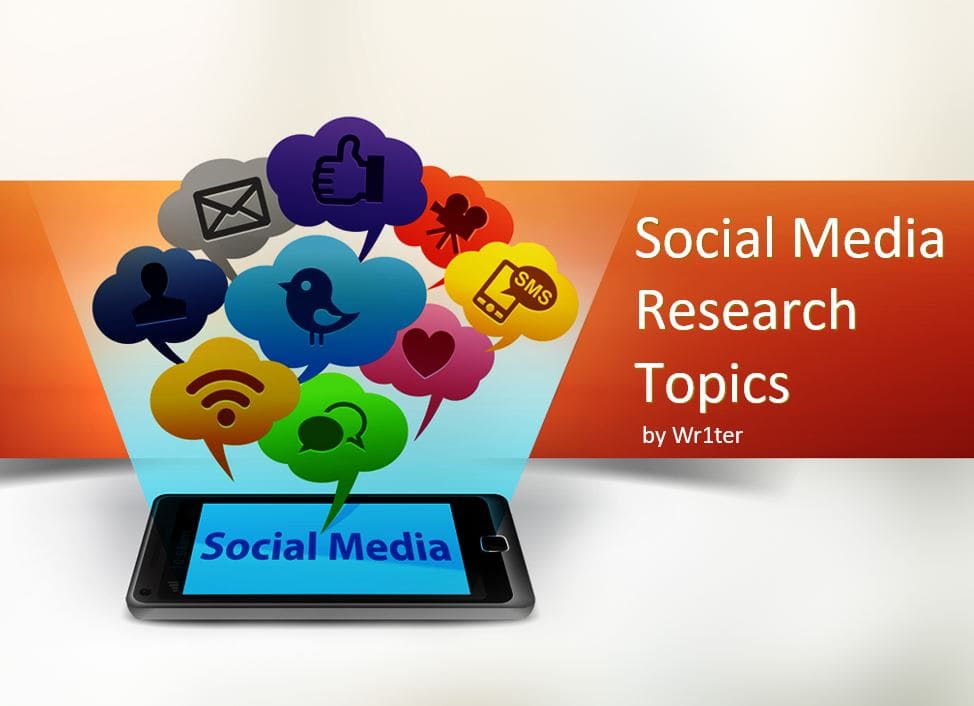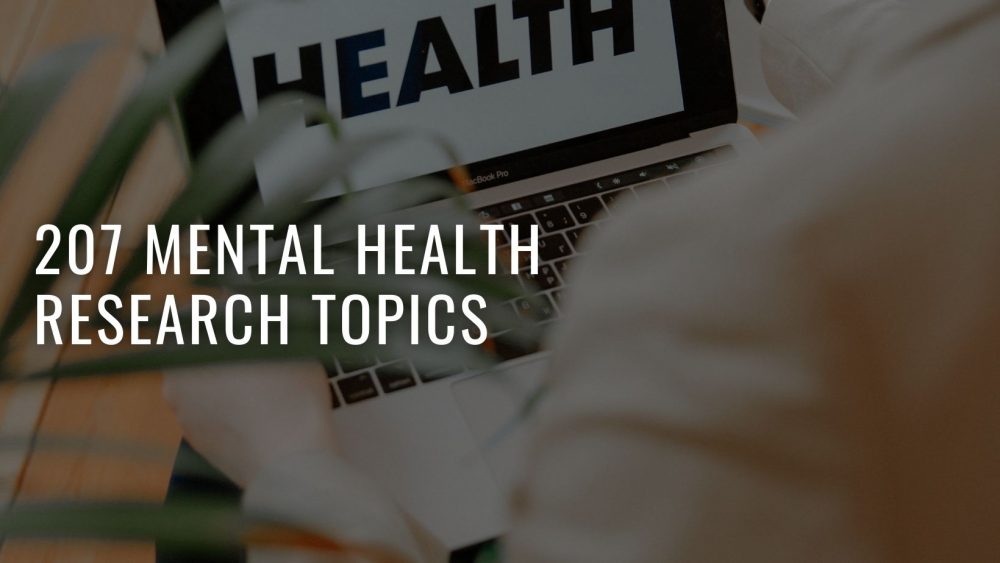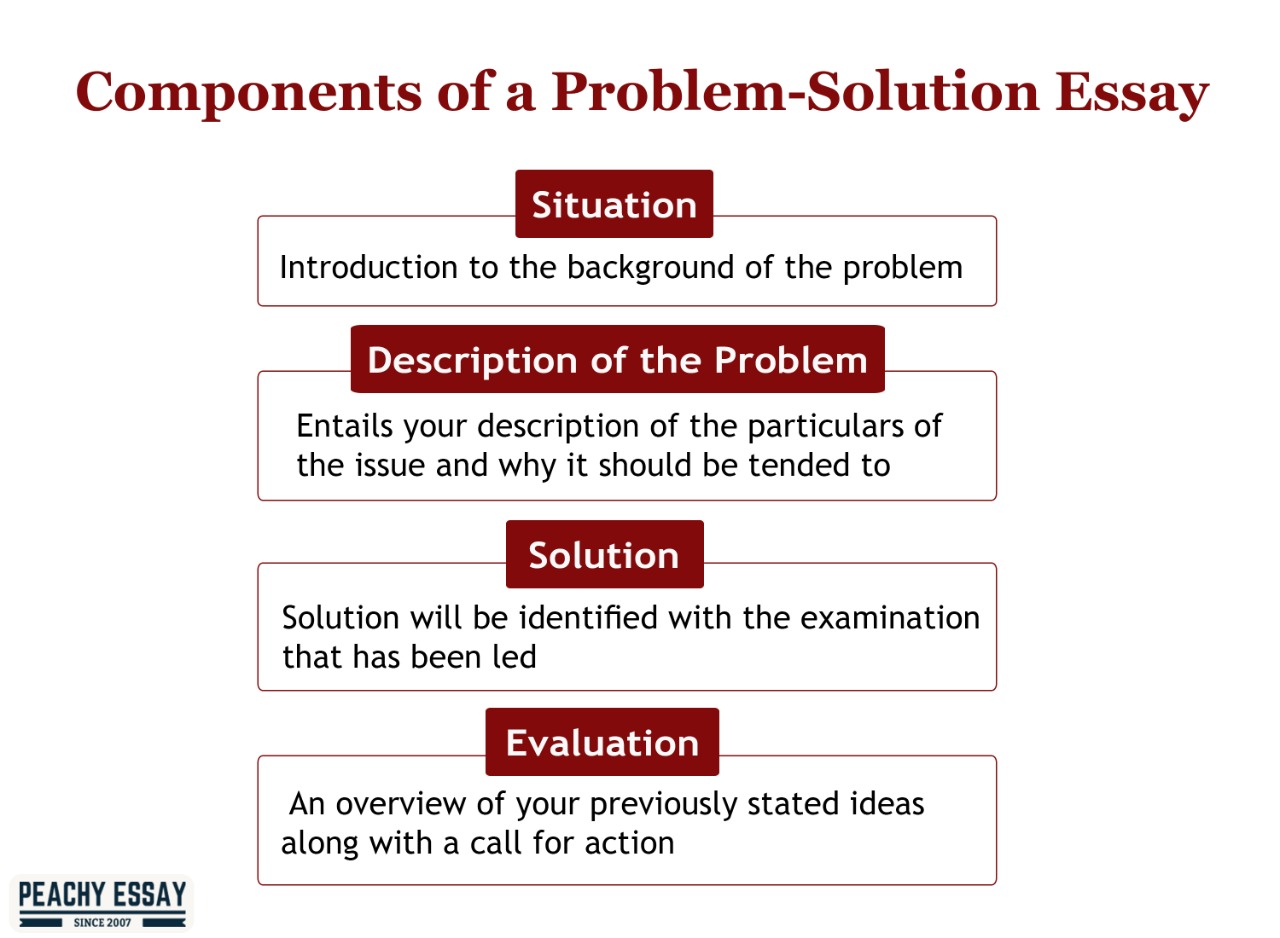AI Conversation
Research Question and Problems

Research questions guide investigations by defining the focus and scope, while research problems identify gaps or issues needing exploration. A fun fact: Albert Einstein's research question on the nature of light led to the theory of relativity, revolutionizing physics and our understanding of the universe!
https://www.youtube.com/watch?v=71-GucBaM8U
depression

https://www.youtube.com/watch?v=Izy1TgMe-tI
Depression research explores its causes, symptoms, and treatments, addressing questions about genetic, environmental, and psychological factors. Challenges include understanding its complex etiology, improving diagnostic accuracy, and developing effective, personalized interventions. Researchers aim to reduce stigma, enhance access to care, and improve outcomes for diverse populations.
coping mechanisms

Coping mechanisms are strategies individuals use to manage stress and adversity. Research questions often explore their effectiveness, variability across populations, and impact on mental health. Problems include measuring subjective experiences, cultural differences, and distinguishing between adaptive and maladaptive strategies, complicating the development of universal interventions.
https://www.youtube.com/watch?v=QwBaXRfX0ZQ
social media

Social media research explores user behavior, misinformation, privacy concerns, and mental health impacts. Key challenges include data privacy, ethical considerations, and rapidly evolving platforms. Researchers aim to understand social dynamics, influence patterns, and technological impacts on communication, while addressing issues like algorithmic bias and the digital divide.
https://www.youtube.com/watch?v=CxCsk-rvfTQ
teenagers

https://www.youtube.com/watch?v=9d3JO-mCzfw
Research on teenagers often explores developmental challenges, mental health issues, and social influences. Key problems include understanding the impact of technology on well-being, addressing rising anxiety and depression rates, and navigating identity formation. Studies aim to inform interventions that support healthy development and resilience in this critical life stage.
mental health

https://www.youtube.com/watch?v=mDy04nw1cWQ
Research on mental health addresses critical questions about causes, prevalence, and effective interventions for mental disorders. Key problems include stigma, access to care, and the need for personalized treatments. Understanding the biological, psychological, and social factors is essential to improve outcomes and inform policy and practice.
usage patterns
https://www.youtube.com/watch?v=42-d2HdbyS8

Usage patterns in research contexts often reveal user behavior, preferences, and engagement levels. Analyzing these patterns helps identify gaps, optimize resource allocation, and improve user experience. Key challenges include data privacy concerns, ensuring representative samples, and accurately interpreting complex data to inform decision-making and address specific research questions effectively.
impact
https://www.youtube.com/watch?v=WSEOjM_UhGE
Impact in research refers to the significant influence or contribution a study has on its field or society. It addresses research questions by providing new insights, solutions, or advancements. Identifying problems, it guides future inquiries, informs policy, and enhances understanding, ultimately driving progress and innovation across disciplines.
anxiety
https://www.youtube.com/watch?v=xsEJ6GeAGb0
Research on anxiety often explores its causes, manifestations, and impacts on mental health. Key questions include identifying genetic, environmental, and psychological factors contributing to anxiety disorders. Challenges include differentiating anxiety from related conditions, developing effective interventions, and addressing the stigma associated with seeking treatment, which can hinder research participation.
AI Report
Essay
### Research Question and Problems in Academic Research
In academic research, the formulation of a research question is fundamental to guiding the study and shaping the research design. A well-defined research question not only clarifies the focus of the research but also helps in identifying the relevant methodologies and data collection techniques needed to address the inquiry (Creswell, 2014). However, researchers often encounter various challenges in formulating effective research questions, which can lead to broader problems within the research process. This essay will discuss the importance of a clear research question, explore common issues faced in its formulation, and suggest potential solutions to enhance research quality.
A clear and focused research question serves as the backbone of any academic study. It provides direction and purpose, allowing researchers to remain concentrated on the specific aspects of the topic they wish to investigate (Flick, 2018). For instance, a research question that seeks to understand the impact of social media on adolescent mental health can lead to a targeted exploration of various factors, such as anxiety, self-esteem, and social interaction. Conversely, a poorly defined question may result in a scattered approach, making it difficult for researchers to gather relevant data or draw meaningful conclusions.
Despite its significance, researchers often struggle with the formulation of research questions due to various factors. One common issue is the tendency to create overly broad questions that encompass too many variables, making it challenging to address them effectively (Robson & McCartan, 2016). For example, asking, "What factors influence mental health?" is too vague and fails to provide a specific focus for the research. Additionally, researchers may grapple with the balance between originality and feasibility, often attempting to explore novel topics without considering whether sufficient data can be collected within the constraints of their study.
To overcome these challenges, researchers can adopt several strategies to refine their research questions. First, conducting a thorough literature review can help identify gaps in existing research, thus providing a clearer context for framing a specific question (Teddlie & Tashakkori, 2009). Furthermore, engaging in discussions with peers or mentors can offer valuable insights and feedback, fostering a collaborative environment that encourages the development of well-defined inquiries. Finally, utilizing frameworks such as the PICOT format (Population, Intervention, Comparison, Outcome, Time) can assist researchers in structuring their questions in a way that is both focused and manageable (Sackett et al., 1996).
In conclusion, the formulation of a research question is a critical step in the academic research process that requires careful consideration and planning. While challenges in developing effective questions are common, researchers can employ various strategies to enhance their clarity and precision. By doing so, researchers not only improve the quality of their studies but also contribute to the advancement of knowledge within their fields. Ultimately, a well-crafted research question serves as a powerful tool that guides the research process and fosters meaningful inquiry.
### References
Creswell, J. W. (2014). *Research design: Qualitative, quantitative, and mixed methods approaches* (4th ed.). Sage Publications.
Flick, U. (2018). *An introduction to qualitative research* (6th ed.). Sage Publications.
Robson, C., & McCartan, K. (2016). *Real world research* (4th ed.). Wiley.
Sackett, D. L., Rosenberg, W. M., Gray, J. A. M., Haynes, R. B., & Richardson, W. S. (1996). Evidence based medicine: What it is and what it isn't. *BMJ*, 312(7023), 71-72.
Teddlie, C., & Tashakkori, A. (2009). *Foundations of mixed methods research: Integrating quantitative and qualitative approaches in the social and behavioral sciences*. Sage Publications.
Lesson Plan
### Lesson Plan: Understanding Research Questions and Problems
**Grade Level:** Technical Vocational Students
**Subject:** Research Methods
**Duration:** 90 minutes
**Materials Needed:**
- Whiteboard and markers
- Projector and screen
- Handouts with examples of research questions and problems
- Access to computers/tablets (optional)
- Notebooks and pens
---
#### **Objectives:**
By the end of this lesson, students will be able to:
1. Define what a research question is and its importance in the research process.
2. Identify the characteristics of a good research question.
3. Differentiate between a research question and a research problem.
4. Formulate their own research questions based on a given topic.
5. Understand how to maintain focus on their research questions throughout the research process.
---
### **Lesson Outline:**
#### **1. Introduction (10 minutes)**
- **Engage the Students:** Start with a brief discussion about what research means in their respective fields. Ask students if they have ever had to research something for a project or task.
- **Objective Overview:** Present the objectives of the lesson.
#### **2. Direct Instruction (20 minutes)**
- **Definition of Research Question:**
- Explain what a research question is: a clear, focused, concise, and arguable question that guides the research.
- Discuss the importance of a well-defined research question in guiding the research process.
- **Characteristics of a Good Research Question:**
- Clarity and precision.
- Feasibility: Can it be answered with available resources?
- Relevance: Does it contribute to the field?
- Specificity: Is it too broad or too narrow?
- **Research Problem vs. Research Question:**
- Define a research problem as a broader issue or challenge that needs investigation.
- Illustrate how the research question derives from the research problem.
#### **3. Group Activity (25 minutes)**
- **Group Work:**
- Divide students into small groups (3-4 students each).
- Provide each group with a case study or a common issue in their field (e.g., workplace safety, equipment efficiency).
- Ask them to identify the research problem and then formulate a research question related to it.
- **Share Findings:**
- Each group shares their research problem and question with the class.
- Provide feedback and facilitate discussion on the quality of the questions formulated.
#### **4. Individual Practice (20 minutes)**
- **Formulating Research Questions:**
- Distribute handouts with examples of both effective and ineffective research questions.
- Ask students to choose a topic of interest related to their vocational field and write down one research problem and two corresponding research questions.
- **Peer Review:**
- Have students exchange their questions with a partner for feedback on clarity, relevance, and specificity.
#### **5. Maintaining Focus on Research Questions (10 minutes)**
- **Discussion:**
- Discuss strategies for maintaining focus on the research question throughout the research process:
- Regularly revisiting the question.
- Seeking feedback from peers and instructors.
- Adjusting the research question as needed based on findings.
#### **6. Conclusion and Q&A (5 minutes)**
- Summarize the key points covered in the lesson.
- Open the floor for any questions or clarifications.
---
### **Assessment:**
- **Formative Assessment:** Monitor group discussions and individual work to assess understanding.
- **Exit Ticket:** Ask students to write down one thing they learned about research questions and one question they still have before leaving the class.
### **Follow-Up:**
- Encourage students to apply their research questions in their upcoming projects or assignments.
- Provide additional resources for students to explore more about research methodologies.
---
### **Differentiation:**
- For students who need additional support, provide a structured template for forming research questions.
- For advanced students, challenge them to explore more complex research problems or to refine their questions further.
This lesson plan aims to equip technical vocational students with essential skills in formulating and managing research questions, which are crucial for their academic and professional success.
Class Syllabus Outline
# Syllabus: Research Questions and Problems
### Course Title: Understanding and Formulating Research Questions
### Course Code: RES 101
### Semester: [Insert Semester/Year]
### Instructor: [Instructor Name]
### Contact Information:
- Email: [Instructor Email]
- Office Hours: [Office Hours]
- Office Location: [Office Location]
### Course Description:
This course is designed to introduce students to the fundamental concepts of research questions and problems. Students will learn how to identify, formulate, and refine research questions that are relevant, clear, and researchable. The course will also cover the significance of a well-defined research problem in the context of academic research and its implications for data collection and analysis.
### Course Objectives:
By the end of this course, students will be able to:
1. Understand the importance of research questions in the research process.
2. Differentiate between research questions, hypotheses, and research problems.
3. Formulate clear and focused research questions based on identified problems.
4. Evaluate the feasibility and relevance of research questions in various disciplines.
5. Develop a preliminary research proposal incorporating research questions and problems.
### Required Texts:
- [Textbook Title, Author, Edition, Year]
- Additional readings and resources will be provided in class or posted on the course website.
### Course Outline:
#### Week 1: Introduction to Research Questions
- Overview of the research process
- Importance of research questions
- Types of research questions
#### Week 2: Identifying Research Problems
- What constitutes a research problem?
- Sources of research problems
- Techniques for identifying problems
#### Week 3: Literature Review and Its Role
- Conducting a literature review
- Identifying gaps in existing research
- How literature informs research questions
#### Week 4: Formulating Research Questions
- Characteristics of a good research question
- Types of research questions: descriptive, relational, causal, and normative
- Practical exercises in formulating questions
#### Week 5: Hypotheses vs. Research Questions
- Understanding hypotheses
- When to use hypotheses vs. research questions
- Developing hypotheses based on research questions
#### Week 6: Feasibility and Relevance
- Assessing the feasibility of research questions
- Evaluating the relevance of research questions to real-world issues
- Group discussion: Evaluating sample research questions
#### Week 7: Refining Research Questions
- Techniques for refining research questions
- Peer review of formulated questions
- Importance of specificity in research questions
#### Week 8: Research Proposals
- Overview of research proposals
- Components of a research proposal
- Writing a preliminary research proposal
#### Week 9: Ethical Considerations
- Ethical issues in formulating research questions
- Importance of integrity in research
- Case studies on ethical dilemmas
#### Week 10: Presenting Research Questions
- Techniques for presenting research questions effectively
- Group presentations of research questions
- Feedback and critique sessions
### Assessment and Grading:
- Participation and Attendance: 10%
- Weekly Assignments: 30%
- Midterm Exam: 20%
- Research Proposal: 30%
- Presentation: 10%
### Important Dates:
- Midterm Exam: [Insert Date]
- Research Proposal Due: [Insert Date]
- Presentations: [Insert Date]
### Policies:
- **Attendance:** Regular attendance is expected. More than three unexcused absences may affect your grade.
- **Late Assignments:** Assignments submitted late will incur a penalty unless prior arrangements are made.
- **Academic Integrity:** Plagiarism and cheating will not be tolerated. Familiarize yourself with the institution’s academic honesty policy.
### Additional Resources:
- Writing Center: [Insert Writing Center Information]
- Library Resources: [Insert Library Information]
- Office of Student Support Services: [Insert Contact Information]
### Conclusion:
This course will equip students with the skills necessary to develop strong research questions and identify pertinent research problems across various fields of study. Engage actively in discussions, seek feedback, and utilize resources to enhance your understanding of the research process.
---
**Note:** This syllabus is a template and can be customized based on the specific needs of the course and institution. Adjust dates, readings, and policies as necessary.
Learning Objectives
### Learning Objectives for a Course on Research Questions and Problems for Technical Vocational Students
1. **Understanding Research Fundamentals**:
- Define key concepts related to research, including research questions, problems, hypotheses, and variables.
- Explain the significance of research questions in the context of technical vocational fields.
2. **Identifying Research Problems**:
- Analyze real-world scenarios to identify potential research problems relevant to technical vocational disciplines.
- Differentiate between a well-defined research problem and a vague or broad issue.
3. **Developing Research Questions**:
- Formulate clear, concise, and focused research questions that address specific technical problems or opportunities.
- Apply techniques to refine and narrow down research questions to make them manageable and researchable.
4. **Evaluating Research Feasibility**:
- Assess the feasibility of conducting research on selected questions, considering factors such as time, resources, and access to data.
- Identify ethical considerations related to research in technical vocational settings.
5. **Literature Review Skills**:
- Conduct a preliminary literature review to gather background information and context for chosen research questions.
- Summarize and synthesize findings from existing literature to support the development of research questions.
6. **Creating Research Proposals**:
- Design a basic research proposal that outlines the research question, objectives, methodology, and expected outcomes.
- Present research proposals clearly and effectively to peers and instructors for feedback.
7. **Understanding Methodological Approaches**:
- Compare different research methodologies (qualitative, quantitative, and mixed methods) and their appropriateness for various technical questions.
- Select suitable research methods that align with the formulated research questions and problems.
8. **Critical Thinking and Problem Solving**:
- Develop critical thinking skills to evaluate and critique research questions and methodologies presented by peers.
- Apply problem-solving techniques to address challenges encountered in defining and refining research questions.
9. **Collaboration and Communication**:
- Work collaboratively in groups to brainstorm, discuss, and refine research questions and problems.
- Communicate research ideas effectively through written reports and oral presentations.
10. **Reflection and Self-Assessment**:
- Reflect on personal learning and growth in understanding research questions and problems throughout the course.
- Assess one’s ability to formulate and analyze research questions critically and identify areas for further improvement.
These objectives aim to equip technical vocational students with the necessary skills and knowledge to effectively engage in research processes relevant to their fields.
Quiz Questions
Sure! Here are five multiple-choice questions about research questions and problems, along with their answers:
### Question 1:
What is a research question?
A) A general topic of interest
B) A specific inquiry that guides a research study
C) A summary of the research findings
D) An opinion about a subject
**Answer:** B) A specific inquiry that guides a research study
---
### Question 2:
Which of the following is NOT a characteristic of a good research question?
A) It is clear and focused.
B) It can be answered with a simple yes or no.
C) It is researchable and feasible.
D) It addresses a gap in existing knowledge.
**Answer:** B) It can be answered with a simple yes or no.
---
### Question 3:
When formulating a research problem, which of the following should be considered?
A) The availability of resources
B) The interests of the researcher
C) The existing literature on the topic
D) All of the above
**Answer:** D) All of the above
---
### Question 4:
Which of the following statements best describes the relationship between a research question and a research hypothesis?
A) A research question is only a guess, while a hypothesis is a proven fact.
B) A research question leads to the formulation of a hypothesis.
C) A research hypothesis can exist without a research question.
D) They are the same and can be used interchangeably.
**Answer:** B) A research question leads to the formulation of a hypothesis.
---
### Question 5:
What is the first step in the research process?
A) Collecting data
B) Reviewing the literature
C) Identifying a research problem or question
D) Analyzing results
**Answer:** C) Identifying a research problem or question
---
Feel free to use or adapt these questions as needed!